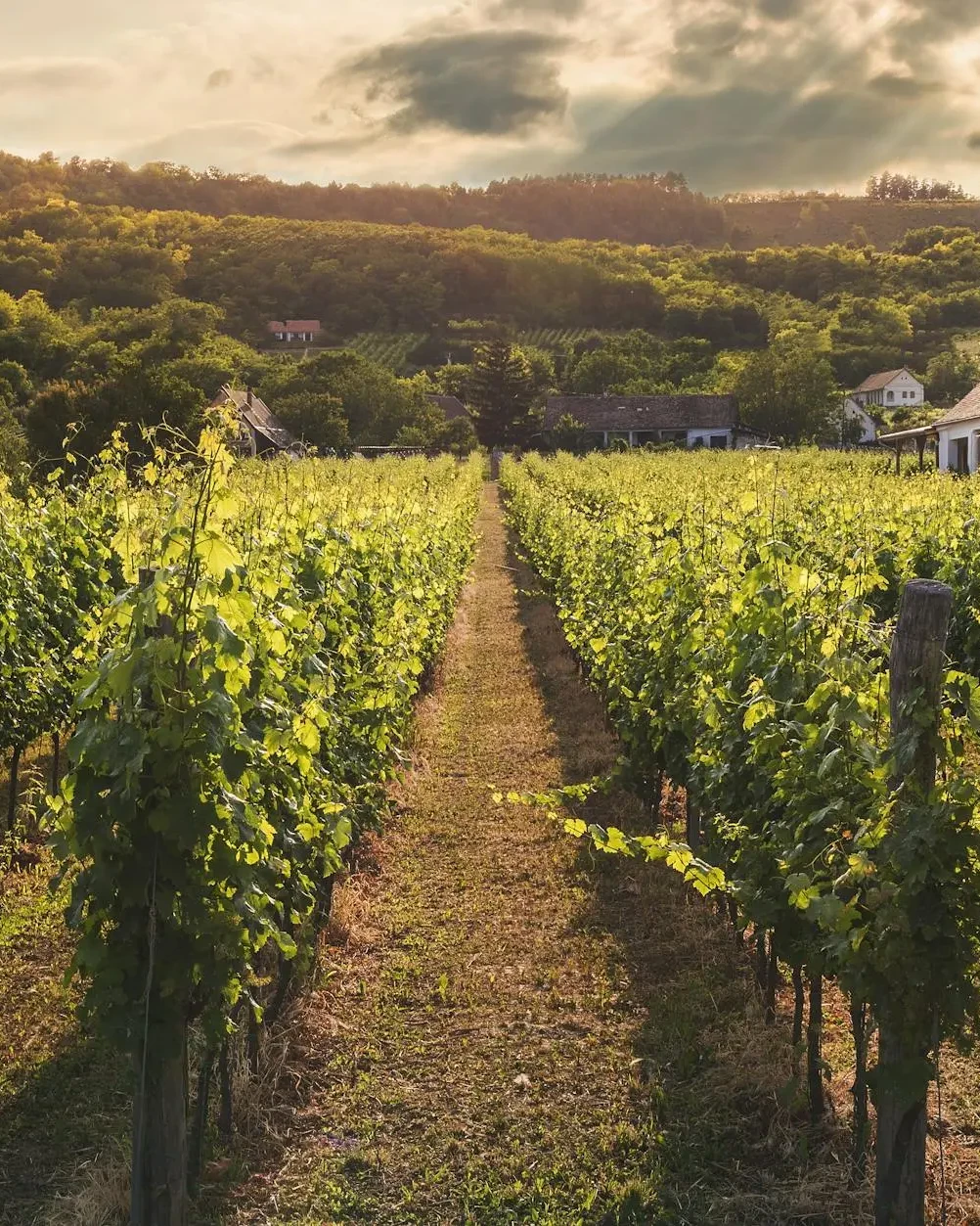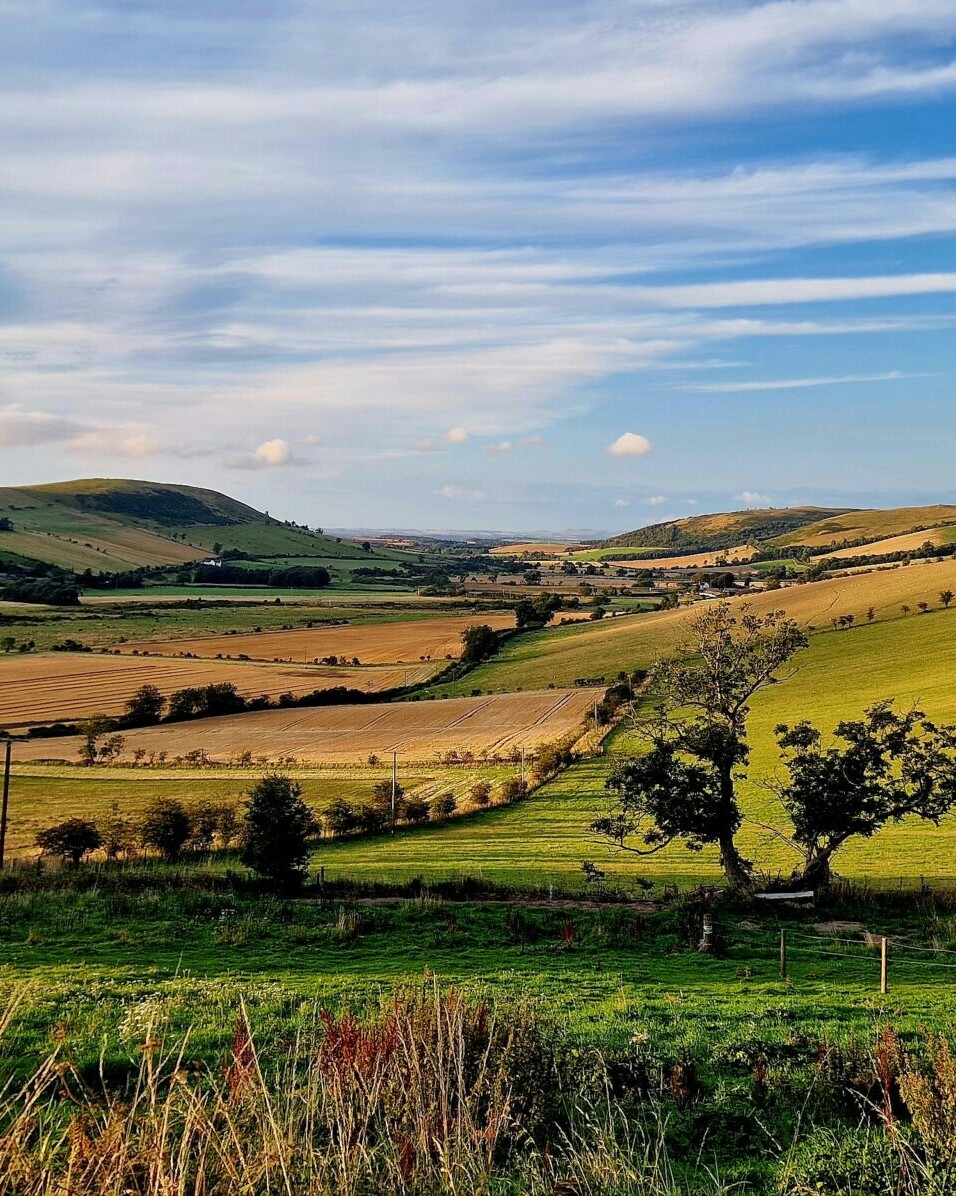The story of English wine is inseparable from the English wine grapes that flourish in its cool climate. From the crisp elegance of Chardonnay to the aromatic charm of Bacchus, these grapes are the foundation of an industry that is growing both in reputation and output. Let’s explore the most important English wine grapes and what makes them so well-suited to this unique terroir.
The Classics Behind Sparkling Success
When it comes to sparkling wine, the backbone of the industry lies in three iconic English wine grapes:
- Chardonnay: This versatile grape thrives in the chalky soils of England, offering crisp acidity and citrus notes that are ideal for both sparkling and still wines.
- Pinot Noir: Known for its delicate red fruit flavours, Pinot Noir adds structure to sparkling blends and is also leading the charge in England’s emerging still red wine category.
- Pinot Meunier: Often overlooked, Pinot Meunier contributes fruitiness and depth, rounding out blends with its distinctive character.
Together, these three varieties – collectively known as the “Champagne trio” – are responsible for England’s world-class sparkling wines.
Bacchus: England’s Sauvignon Blanc
Among still wines, Bacchus has risen to prominence as a star among English grapes. Frequently compared to Sauvignon Blanc, this aromatic grape produces wines with vibrant notes of elderflower, gooseberry, and citrus. Bacchus’s success is a testament to the adaptability and potential of English wine grapes.
Emerging English Wine Grapes
While the classics dominate, winemakers are increasingly exploring new English wine grapes that thrive in the country’s cool climate.
- Seyval Blanc: A hardy grape that produces fresh, zesty wines with citrus and green apple notes.
- Ortega: Known for its floral and tropical fruit flavours, this grape is being used in still whites and dessert wines.
- Pinot Gris: Gaining popularity, Pinot Gris offers complexity and texture, adding diversity to English vineyards.
These emerging varieties showcase the adaptability of the industry and the growing range of English grapes available to winemakers.
Grapes and Climate
The cool climate of England is both a challenge and an asset for cultivating English grapes. While ripening can be unpredictable, these conditions create wines with bright acidity and delicate, complex flavours. This is why grapes like Chardonnay, Pinot Noir, and Bacchus – which excel in cooler climates – are staples in English vineyards.
The Future of English Wine Grapes
As climate change continues to influence growing conditions, new opportunities are emerging for cultivating a wider array of English grapes. Fuller-bodied varieties like Merlot and Cabernet Franc are becoming viable, while disease-resistant hybrids are being explored to promote sustainability. The future of English winemaking looks more diverse and innovative than ever.
A Testament to Terroir
What makes English wine grapes truly exceptional is the terroir. The chalky soils of regions like Sussex and Kent provide excellent drainage and minerality, while the long, cool growing season helps these grapes develop both complexity and freshness.
January 6, 2025
Vineyard Stays: Where to Sleep Among the Vines
Read More

January 3, 2025
Sussex Vineyards: Discover the Heart of English Wine
Read More



